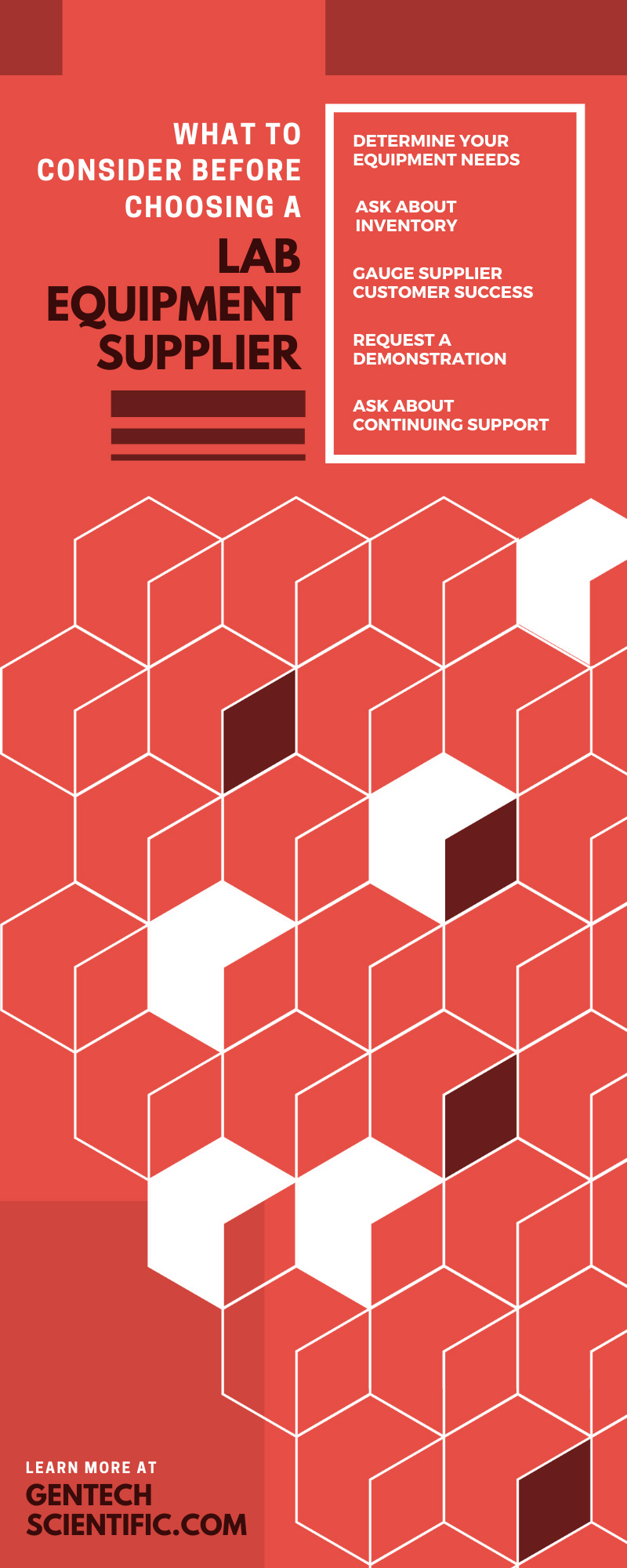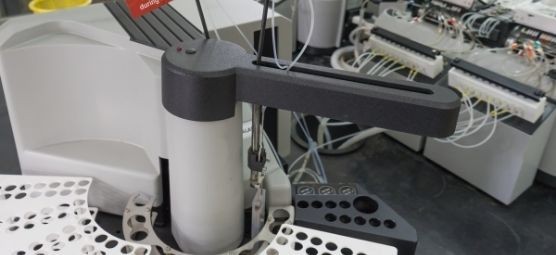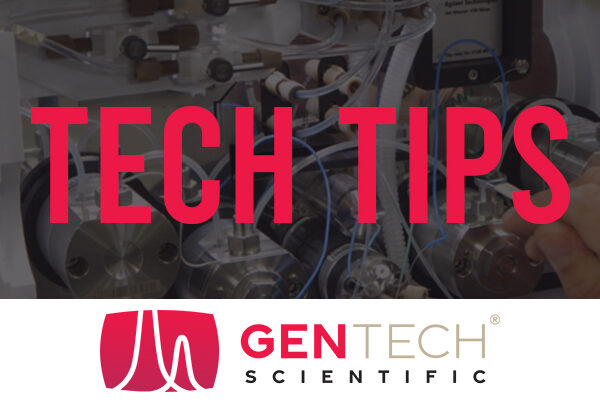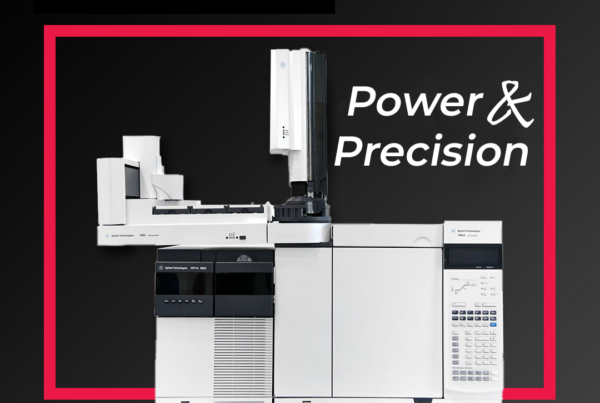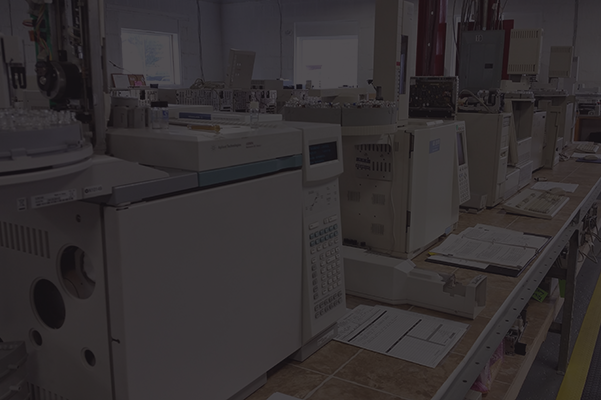Operating a laboratory requires planning beyond simple business expectations. While other businesses need only worry about overhead costs like computers and notepads, lab managers must consider the cost of highly delicate and specialized equipment. Here is what to consider before choosing a lab equipment supplier.
Determine Your Equipment Needs
The very first thing one must do when choosing a laboratory supplier is to determine all their equipment needs. Without information about specific machines and devices the lab needs to order, a supplier cannot help procure and manage the tools. When it comes to laboratory equipment, be sure to analyze every angle.
New or Refurbished?
The condition of a machine for professional scientific work matters deeply. While scientists have a reputation for meticulous and methodological work, that doesn’t mean a piece of lab equipment is completely untouched. It is best to always check a supplier’s inventory and pricing for new, used, and refurbished products.
This notion closely reflects the car buying process—one must know about accidents, damages, and maintenance before committing to an offer. Similarly, with used and refurbished lab equipment, it is imperative to understand the condition and history of the item. Remember that equipment suppliers would not sell defective equipment since it would reflect poorly on their inventory and refurbishment capabilities. Instead, ask about the product and how they fixed it to get an accurate accounting of the condition.
Ask About Inventory
When a laboratory needs specialized equipment, it all boils down to inventory. Lab technicians need specific machines that get results, so instead of choosing industry-standard equipment, it is best to learn what the lab team expects. This way, a lab manager can ask a supplier about their inventory and if they can provide the particular products required, as it is vital to find a suitable match.
It is also best to peruse their inventory online and get a sense of what they typically service. Suppose a laboratory specializes in gas chromatography testing. While chromatography is a broad field with dozens of models and machines to choose from, there are higher quality machines and nuances within the industry that a supplier should know about. If the supplier only offers one gas chromatography option and fails to list the specs online, it is reasonable to guess they are novices in the field and won’t suit a lab’s specific needs. On the other hand, an experienced supplier like our team at GenTech Scientific offers five different types of gas chromatography systems to suit laboratory needs.
Gauge Supplier Customer Success
After determining all equipment needs, a laboratory must figure out how responsive the supplier is. Are they willing to work with the lab? Do they put their customers first? How quickly do they resolve customer issues? Customer success is a massive deal for any business, but especially for a lab-supplier relationship where the stakes are higher and the work is more specialized.
Check Their Reviews
The first thing a lab manager can do on their own is research an equipment supplier’s reviews online. There are dozens of services online that rate businesses according to their values and customer success. A lab manager should also look for real customers giving honest feedback. If the only customer reviews are the success stories on a client’s website, this is a hint to dig deeper and make sure the off-site reviews back up the narrative of the supplier. This way, a lab manager can be extra sure that they are buying into an honest, successful company.
Depending on the laboratory’s needs, it is probably a good idea to look for reviews about individual products and services. If a lab manager knows of others who use this service, they should contact their network and ask about the quality of the supplier’s service. A laboratory requires efficiency and productivity for continued high-yield results. So, imagine the problem when a supplier is not slow with maintenance or refurbishment.
Request a Demonstration
Since scientific instruments require such fine-tuning, a lab technician should know that the equipment works as it should before purchasing it for their laboratory. This is where demonstrations come in. Many lab suppliers offer one-on-one demonstrations with their equipment to show how well their product works. So, if a laboratory needs an HPLC machine, they could request a demo that shows the supplier gathering data for a sample liquid chromatography trial.
Demonstrations are essential for two reasons: they show a willingness to help and showcase the product’s quality. When a machine works with no hiccups, a lab manager can rest easy knowing the condition is sound and that the machine in question can handle their workload. It also reinforces the supplier’s desire to help the customer find the right system for their operation. A supplier who refuses to do a demonstration either lacks the technical support to put on a trial or is not confident that their product will operate at peak efficiency.
Ask About Continuing Support
Is a supplier there to just get a purchase, or are they partners with a lab for the long run? This is a crucial question that determines your overall success with a supplier. Customer service is an industry built on the principle that the client comes first, and a company can develop loyalty with positive, responsive interactions in times of trouble.
A lab manager looking for a supplier should ask about their continuing support systems for customers. Are there maintenance options and schedules? Do they have dedicated support staff? Can they handle repairs and refurbishment? All of these things and more go into the final decision about an equipment supplier. If a supplier truly wants a lab’s business, they will do all they can to secure a solid partnership. However, if they are dismissive or slow to respond, it is readily evident they do not care about customer success in the long term.
Knowing what to consider before choosing a lab equipment supplier is critical to the laboratory setup and maintenance process. When you need to replace sensitive tools, you should turn to trusted suppliers with a history of success, like our team at GenTech Scientific. We have plenty of used analytical equipment for sale in prime condition, ready for use.
